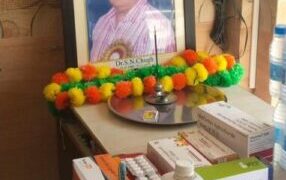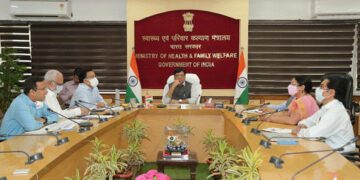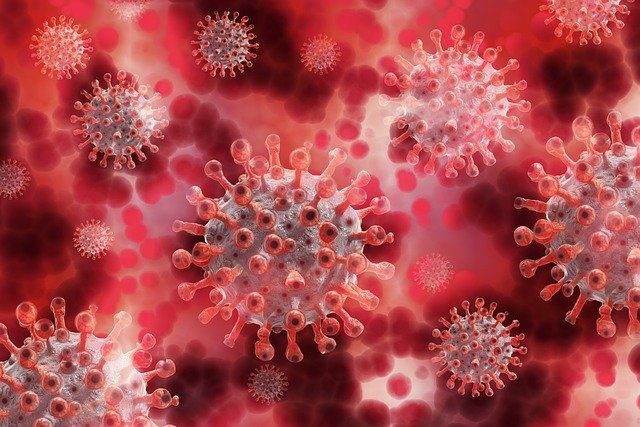By Health In Five Writer
The number of coronavirus cases have almost touched 1.4 million as of Sunday (July 26) with as many as 128,000 cases in the national capital of New Delhi. According to a recent seroprevalence survey done by the Union government, it is believed that almost 23.6 per cent of population in Delhi may have already developed antibodies against Covid-19 raising hopes that the national capital could be closing in on herd immunity.
India’s leading immunologist Dr Dipyaman Ganguly, who is principal ccientist at CSIR- Indian Institute of Chemical Biology, Kolkata, spoke to Indian Express and revealed that India might achieve herd immunity much before coronavirus vaccine is available in India.
Dr Dipyaman Ganguly felt that infected persons in India have a ‘robust’ response to tackling this disease in the country.
“I would say three major immunological insights that we could gather are-one, infected persons do mount a robust immune response against the virus, rather at times it’s too aggravated a response which is driving the disease to untoward ends,” Dr Dipyaman Ganguly was quoted as saying by the Indian Express.
“Two, all infected individuals are mounting both antibodies and T cell mediated immunity both of which play roles to protect the individuals from reinfection at least for some time. Thirdly, it seems the antibodies -at least the ones we have means to check- are rather short-lived, around 2-3 months.
“But as in the past 7-8 months no confirmed reinfection case has been reported from anywhere in the world, scientists believe either the T cells or antibodies which are longer-staying but not yet detectable by available assays are providing the protection for at least 7-8 months,” he added.
Dr Dipyaman Ganguly felt that the ‘herd immunity’ in India can only be achieved if immune protection in our bodies is long-lasting.
“Herd immunity has been a phrase people scared of uttering in this pandemic, due to sheer numbers of fatal infections we are experiencing. But in my understanding the race between vaccination and herd immunity will be won by the latter,” Dr Dipyaman Ganguly said about herd immunity.
“I say this just because the virus is extremely contagious, due to its transmission through droplets and aerosols, as the infected individuals are infective for a long time and more importantly a large number of infected individuals have no clue about their infection in the absence of symptoms.
“Now this herd immunity will only be achieved if the immune protection is really long lasting. We do not have that data. Neither do we have any assurance for this holy grail of long-lasting protection from any report on vaccine trials. Time is the only experimental device that can give you this answer,” the CSIR- Indian Institute of Chemical Biology official added.
Asked about the Union government’s seroprevalence findings, Dr Dipyaman Ganguly said, “This data means different things to different interest groups. To me the most striking revelation is sheer speed the infection is spreading with. Contracting almost 20% of the population in hardly 4 months. It also marks the magnitude of asymptomatic infections.
“But these data are done on representative samples and may not provide the real picture, which can be both higher or lower based on the type of errors and biases the sampling might have had,” he added.







































